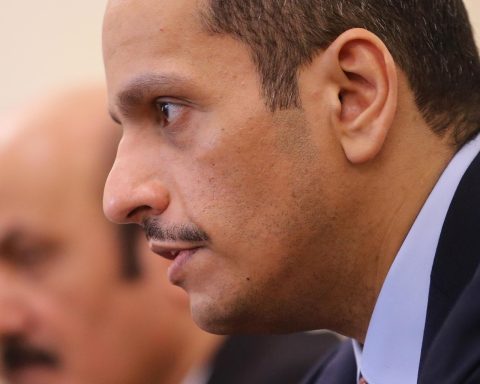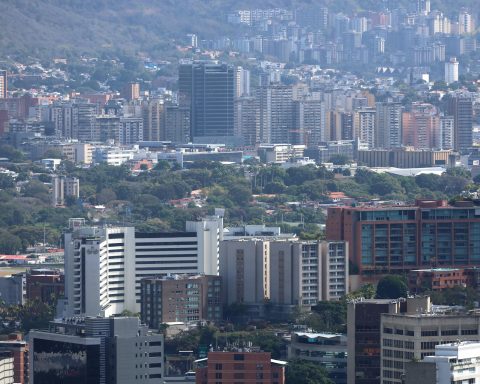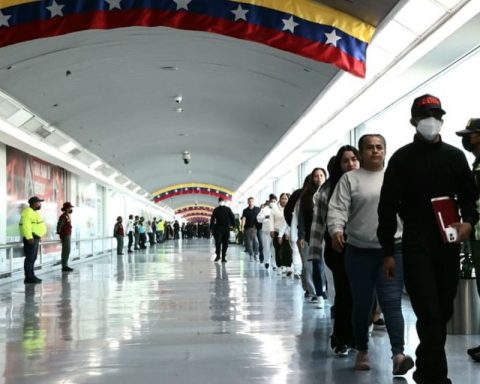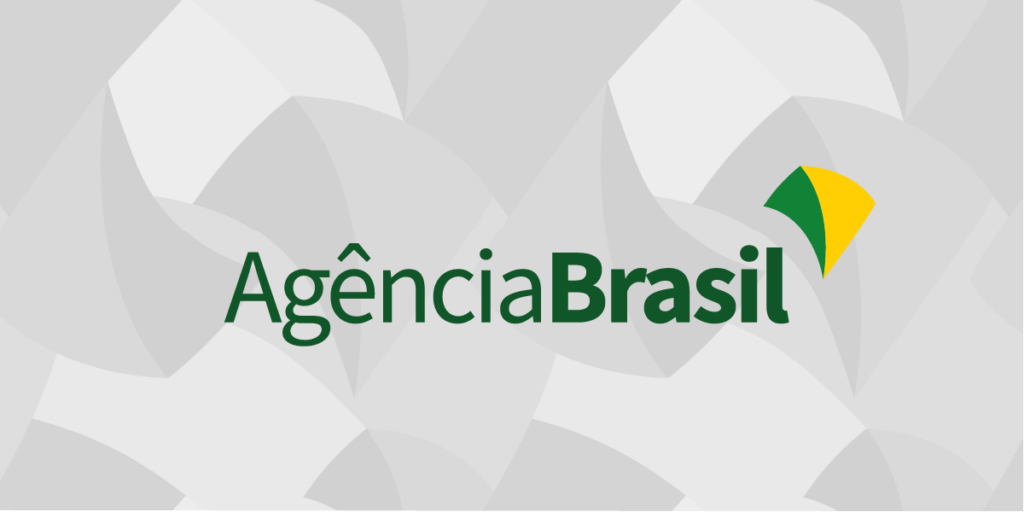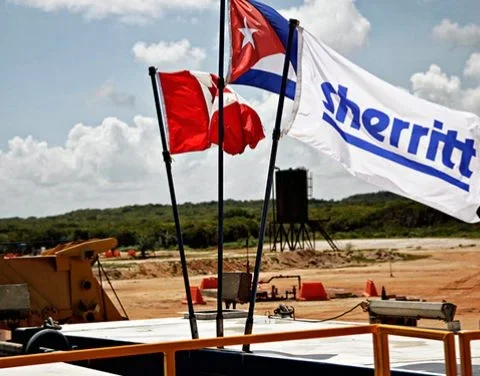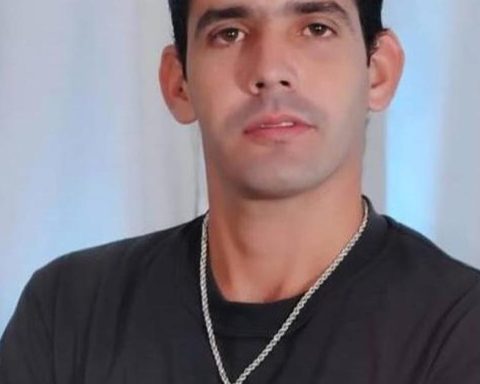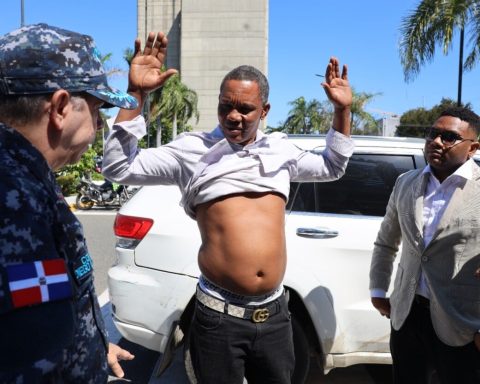Although the Public Ministry (MP) has not revealed the total amount of assets that would have been compromised in the plots it is currently investigating with the anti-corruption operation, it is known that only in the National Superintendence of Cryptoactives (Sunacrip) $3,000 million disappeared, with which $200 could be granted to 15 million people, a better bonus than the Bs 100 ($4) that Chavismo granted at the beginning of April
More than 500 “high-end” vehicles seized by the Venezuelan authorities as part of the investigations against corruption schemes in the state-owned Petróleos de Venezuela and the Venezuelan Corporation of Guayana will be handed over to the Bolivarian National Police (PNB).
This was ordered by President Nicolás Maduro, who asked to organize an act “immediately” to deliver these units to both the PNB and the peace quadrants, units in which both state security entities and community leaders participate.
“With the anti-corruption operation we have confiscated more than 500 high-end vehicles, bought with corruption money. I have ordered that, once possession of these vehicles is obtained, in the short term they be handed over to the PNB and the peace quadrants so that they guarantee citizen security, patrolling and surveillance, “he assured during a speech in commemoration of the 10th anniversary of the 2013 presidential election.
*Read also: 10 years of Maduro in power: protests, repression and crisis
The leader of Chavismo did not offer more details about these assets seized in the anti-corruption operation, such as the models of the vehicles or the value that they are estimated to have in total, but he intends to put into practice the current Organic Law Project for Asset Forfeiture, approved in the first discussion on March 31 in the National Assembly elected in 2020.
The law proposes to “recover” the assets obtained by natural or legal persons linked to crimes committed against public property and drug trafficking, although the instrument leaves more doubts than certainties and is covered by a layer of opacity as it does not have any mechanism that reveals publicly disclose the data on the confiscated assets.
Maduro explained that he not only wants to deliver vehicles, but that “everything that is confiscated” from drug trafficking and corruption would be delivered to the police force, despite the fact that, meanwhile, the Government argues that it does not have sufficient funds to decree an increase in the minimum wage. .
The cheapest agency vehicles in the country are sold by Hyundai and cost around $20,000, while the most expensive non-luxury models of this brand have a value of $76,000. Taking this price as a reference, some 500 vehicles of this type would accumulate a value of $38 million, an amount that would cover the current minimum wage of more than 7.5 million Venezuelans.
Although the Public Ministry (MP) has not revealed the total amount of assets that would have been compromised in the corruption schemes that it is currently investigating, it is known that only in the National Superintendence of Cryptoactives (Sunacrip) $3,000 million disappeared, with which it could be granted $200 to 15 million people, a better bonus than the Bs 100 ($4) that Chavismo granted at the beginning of April.
Post Views: 904

